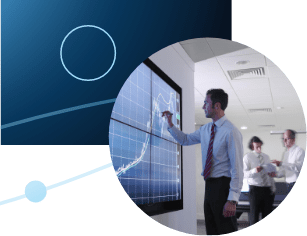Amgen Biotech Experience: Evaluation
In 2016, the Amgen Foundation contracted with WestEd to conduct a rigorous study of student outcomes for the Amgen Biotech Experience Program (ABE) in the United States. This evaluation found that after completing the full sequence of foundational ABE labs, students improved their abilities to interpret experimental results and their knowledge of biotechnology skills. They also gained new ideas about what happens in science laboratories and increased their interest in science and science education.













